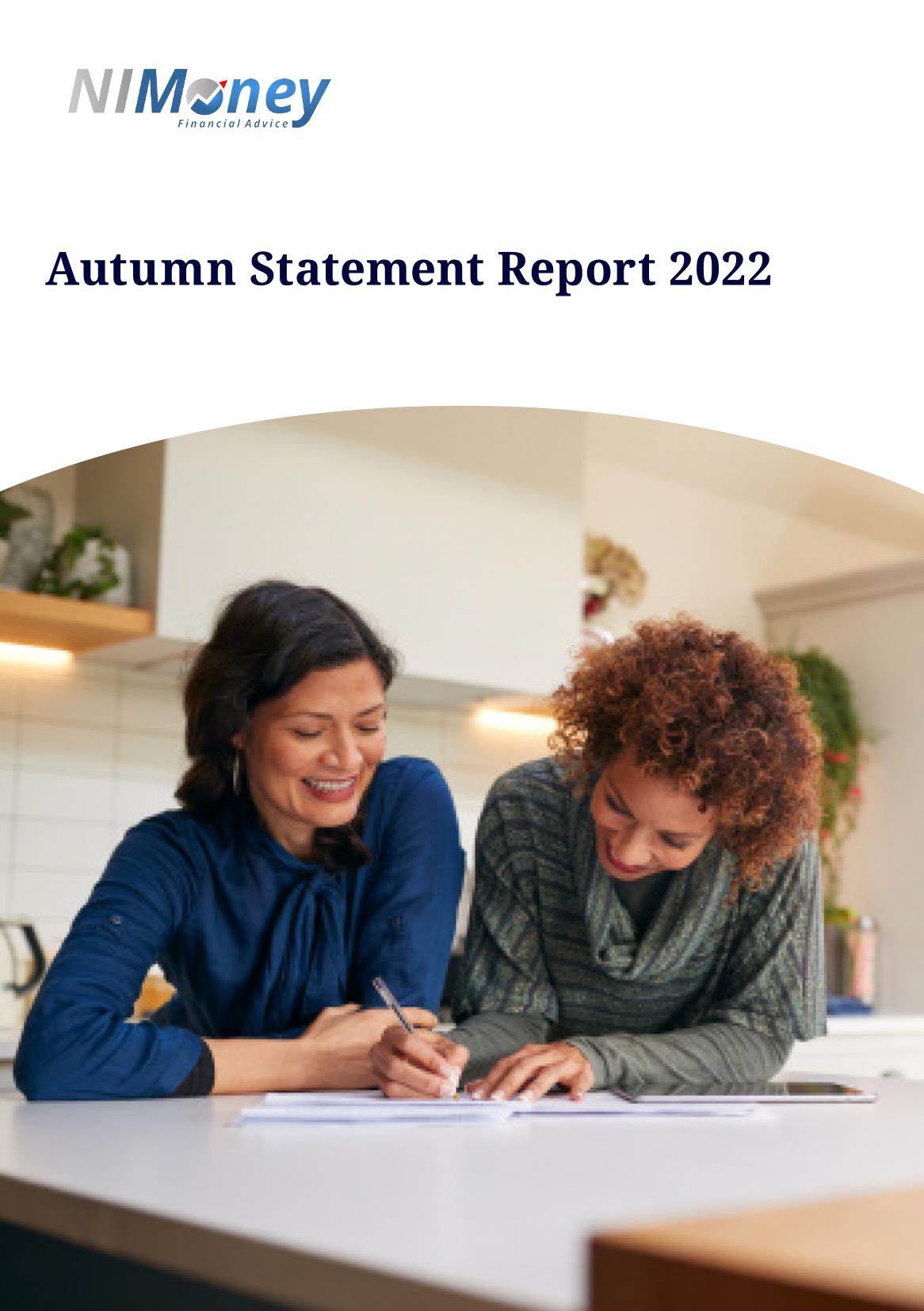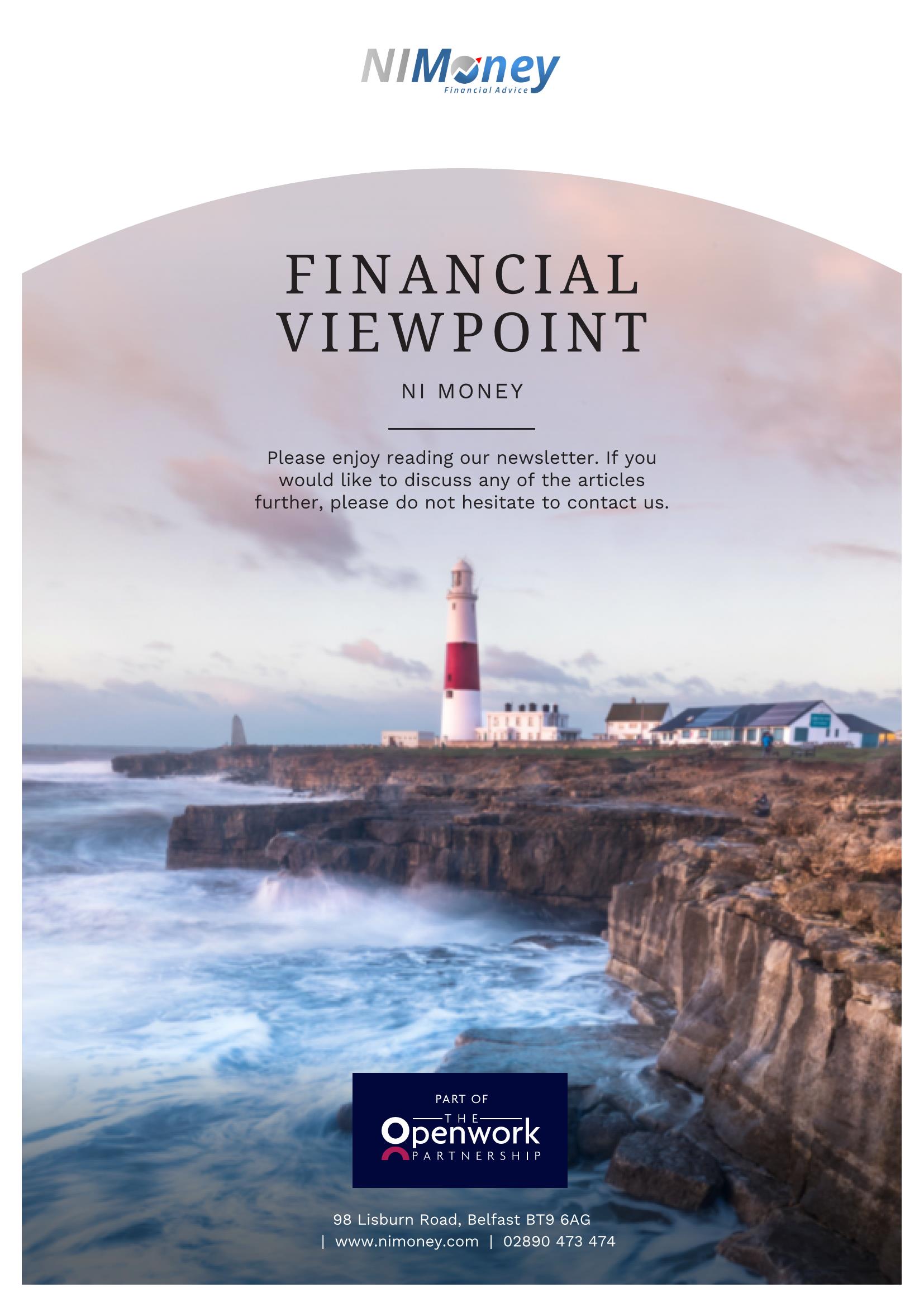Autumn Budget 2018
Summary of information from the Chancellor
Key Points
In a longer than usual Budget speech, and in a slightly more jocular than usual mood, the Chancellor laid out the government’s vision for post-Brexit Britain. With a raft of measures aimed at shoring up businesses, infrastructure and the health service, Mr Hammond used the better than expected public finances to present an upbeat programme. Leaving some of the major announcements for last, this was a Budget to mark the coming of the end of austerity.
Some of the main announcements were:
·The personal allowance will be raised to £12,500 from April 2019, one year earlier than planned. The higher rate threshold will also rise to £50,000 from April 2019, also a year earlier than planned, and will remain at the same level in 2020/21.
·The lifetime allowance for pension savings will increase to £1,055,000 for 2019/20 in line with CPI.
·The national living wage will increase from £7.83 an hour to £8.21.
·The annual investment allowance (AIA) will increase to £1 million for all qualifying investments in plant and machinery made on or after 1 January 2019 until 31 December 2020.
·For entrepreneurs’ relief, the minimum period throughout which the qualifying conditions for relief must be met will be extended from 12 months to 24 months from 6 April 2019.
·From 1 April 2020, companies will be subject to a 50% limit on the proportion of annual capital gains that can be relieved by brought-forward capital losses. Companies will have unrestricted use of up to £5 million capital or income losses each year.
·Business rates bills will be cut by one-third for retail properties with a rateable value below £51,000 for two years from April 2019.
·Capital gains tax lettings relief will only apply where the owner of the property is in shared occupancy with the tenant. The final period exemption will also be generally reduced from 18 months to nine months.
·The VAT registration threshold be maintained at the current level of £85,000 until April 2022.
·From 1 April 2020, the amount of payable research and development (R&D) tax credits that a qualifying loss-making company can receive in any tax year will be restricted to three times the company’s total PAYE and NICs liability for that year.
·From 6 April 2020, when a business enters insolvency, HMRC will be a preferred creditor for taxes collected by the business for the government such as VAT, PAYE income tax, employee NICs, and construction industry scheme deductions – but not such taxes as corporation tax and employer NICs.
·Large social media platforms, search engines and online marketplaces will be pay a 2% tax on the revenues they earn which are linked to UK users from April 2020.
·Fuel duty was frozen, alongside beer and spirits.
These key points from
the Autumn Budget are provided strictly for information only. Always seek
professional financial advice before acting. The value of investments and any
income from them can go down as well as up and you may not get back the
original amount invested. HM Revenue and Customs practice and the law relating
to taxation are complex and subject to individual circumstances and changes
which cannot be foreseen.











